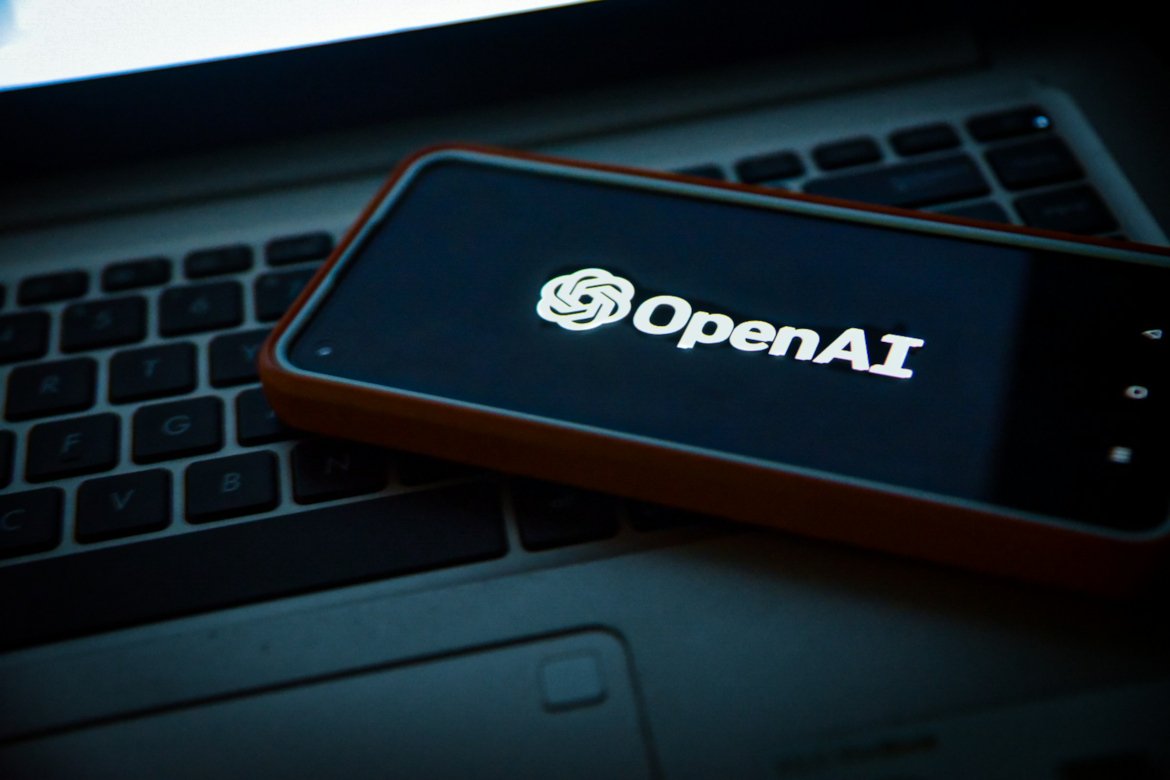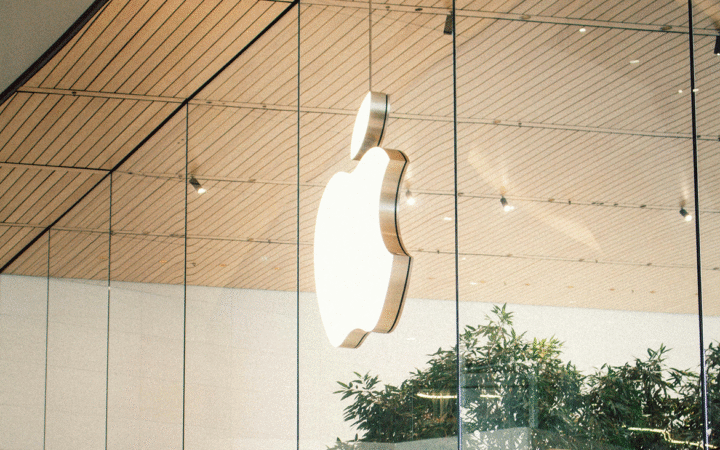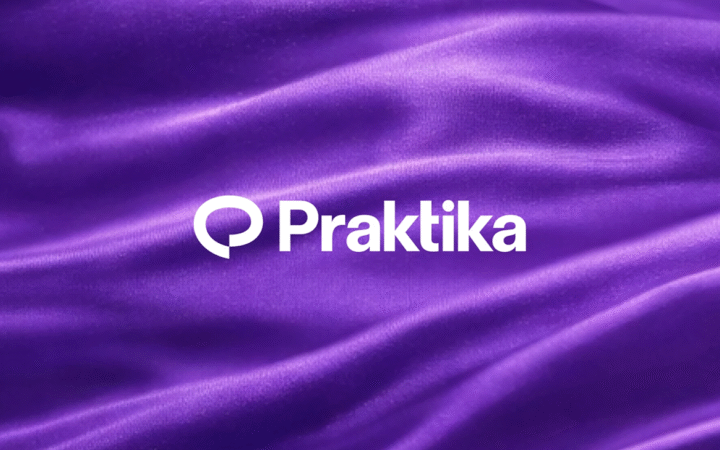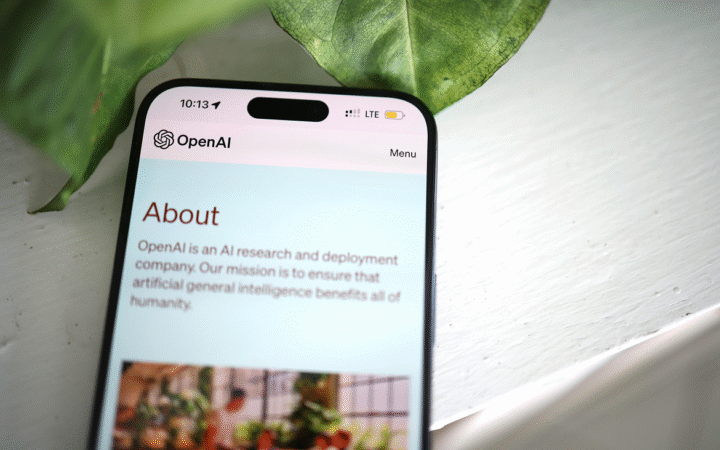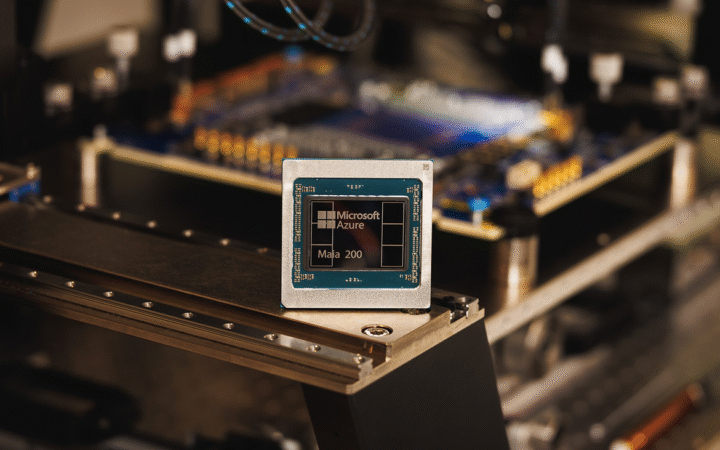
OpenAI is preparing for what could become one of the largest initial public offerings in history, exploring a listing that could value the company at up to $1 trillion, according to people familiar with the discussions. The move would position the ChatGPT maker alongside Apple, Microsoft, and Nvidia as one of the most valuable publicly traded firms in the world.
Sources told Reuters and WSJ that OpenAI has begun internal planning for a potential IPO filing as soon as late 2026, though Chief Financial Officer Sarah Friar has reportedly discussed 2027 as a more realistic timeline. The company is weighing an initial raise of around $60 billion, but advisors say that number could climb significantly depending on market conditions and revenue performance.
“An IPO is not our focus, so we could not possibly have set a date,” an OpenAI spokesperson said. “We are building a durable business and advancing our mission so everyone benefits from AGI.” Still, the company’s evolving structure and rising financial momentum suggest that going public is no longer a distant scenario.
OpenAI’s annualized revenue run rate is projected to reach $20 billion by the end of 2025, a tenfold increase from just two years ago. That growth has been driven by widespread adoption of ChatGPT, API licensing, and enterprise partnerships for custom AI models. Yet insiders say that losses have also grown substantially, as the company pours resources into data centers, model training, and chip procurement.
During a livestream earlier this week, CEO Sam Altman addressed investor speculation directly. “I think it’s fair to say it is the most likely path for us, given the capital needs that we’ll have,” he said, referring to the company’s expanding infrastructure investments.
The prospect of a trillion-dollar IPO comes after a major corporate restructuring that streamlined OpenAI’s hybrid governance model. The nonprofit entity – now named the OpenAI Foundation – retains a 26% stake in OpenAI Group and holds warrants for additional shares tied to performance milestones. This shift reduces the company’s dependence on Microsoft while preserving its nonprofit oversight principles.
A successful offering would mark a windfall for major investors including Microsoft, which holds about 27% of OpenAI, along with SoftBank, Thrive Capital, and Abu Dhabi’s MGX. Microsoft has invested over $13 billion in the company since 2019, and the partnership continues to underpin OpenAI’s infrastructure and Azure-based computing backbone.
The IPO would also enable OpenAI to raise capital more efficiently, pursue strategic acquisitions, and finance Altman’s long-term goal of building AI supercomputing capacity on a multi-trillion-dollar scale. Insiders say the company is already exploring new chip development initiatives and expanding collaborations with Broadcom and AMD to support its exponential computing needs.
The timing coincides with record investor enthusiasm for AI. CoreWeave, another AI infrastructure company, went public earlier this year at a $23 billion valuation and has since tripled in market value. Meanwhile, Nvidia became the world’s first $5 trillion company this week, cementing its dominance in AI hardware.
If OpenAI proceeds with a 2026–2027 listing, it could set a new benchmark for the public markets – both in scale and in the strategic significance of artificial intelligence. For investors, it would represent the ultimate bet on the technology driving the next decade of global innovation.
